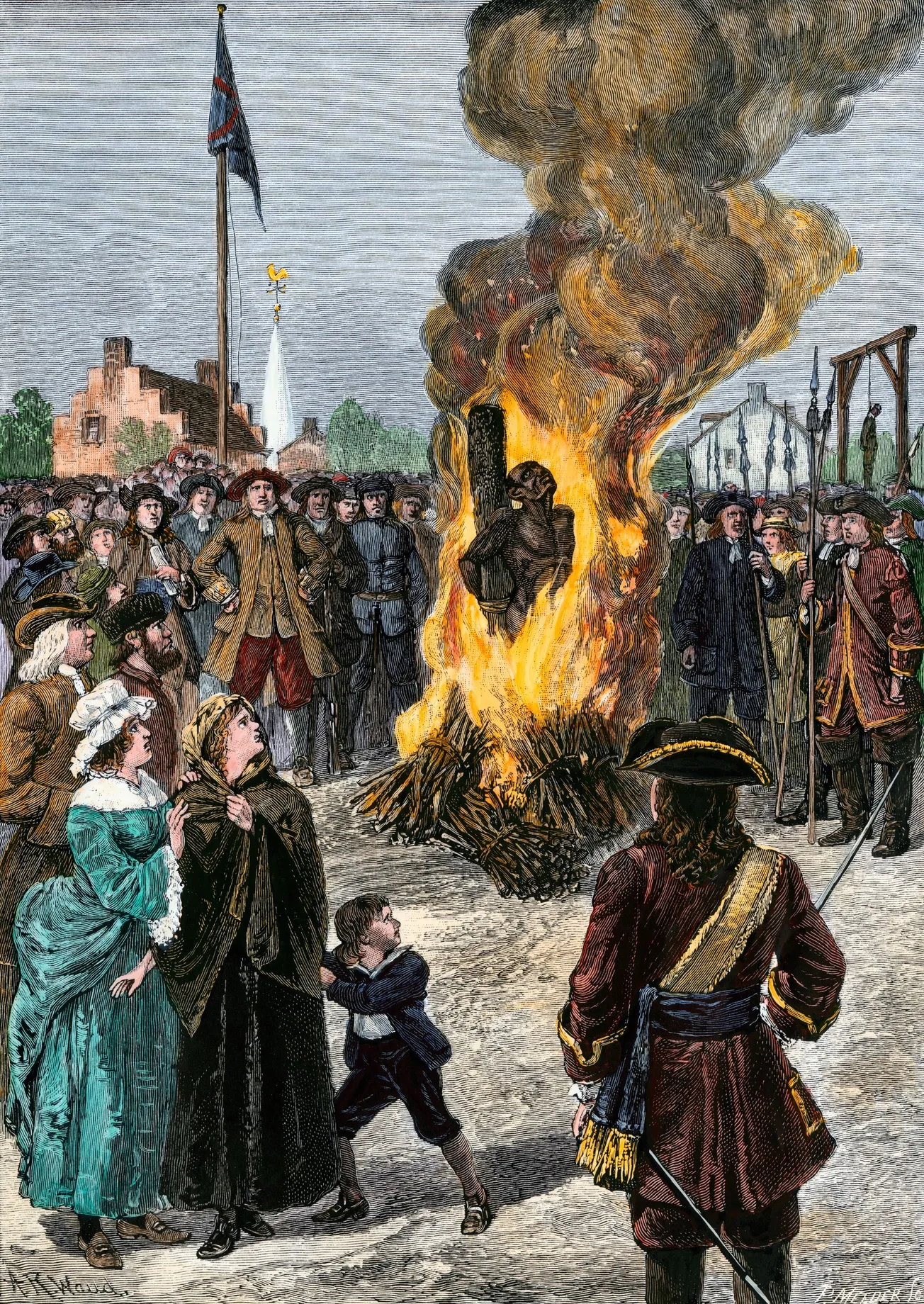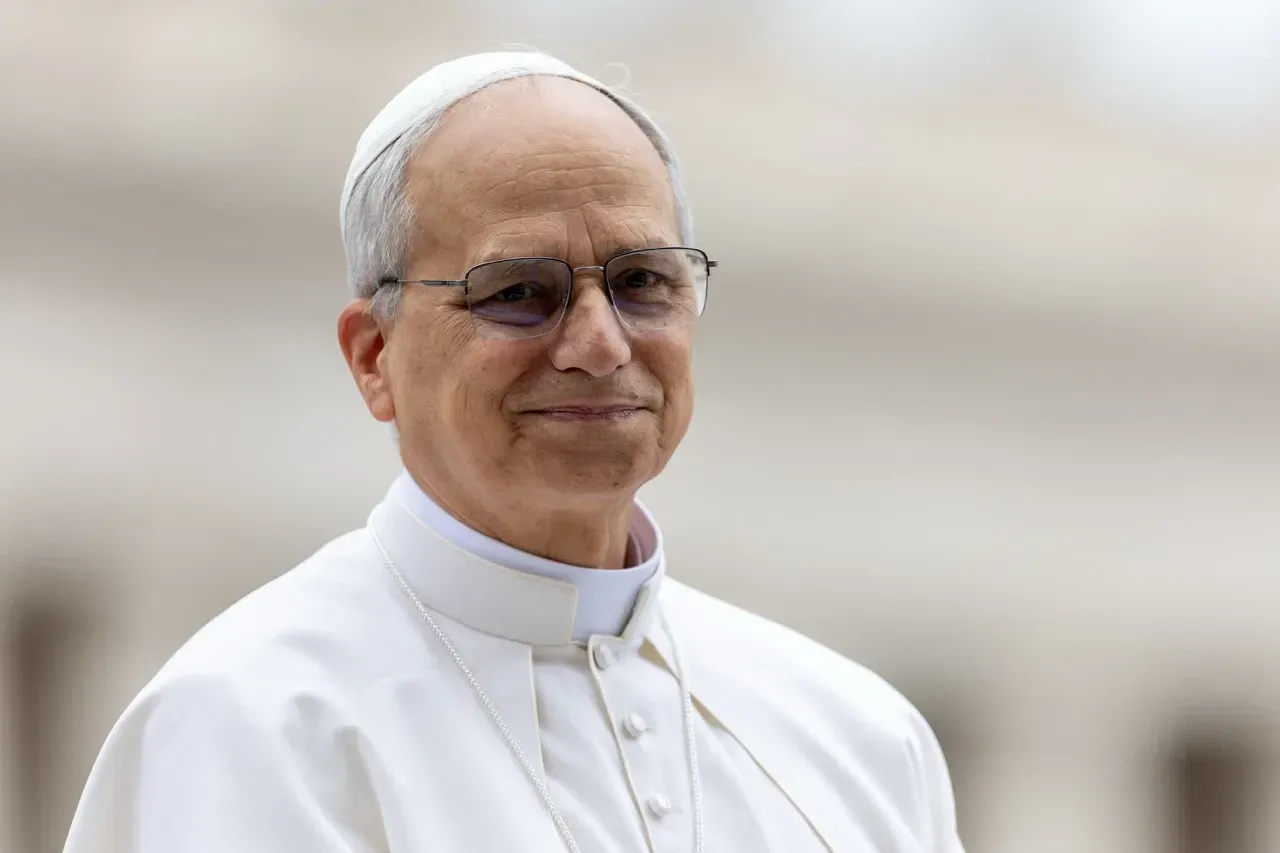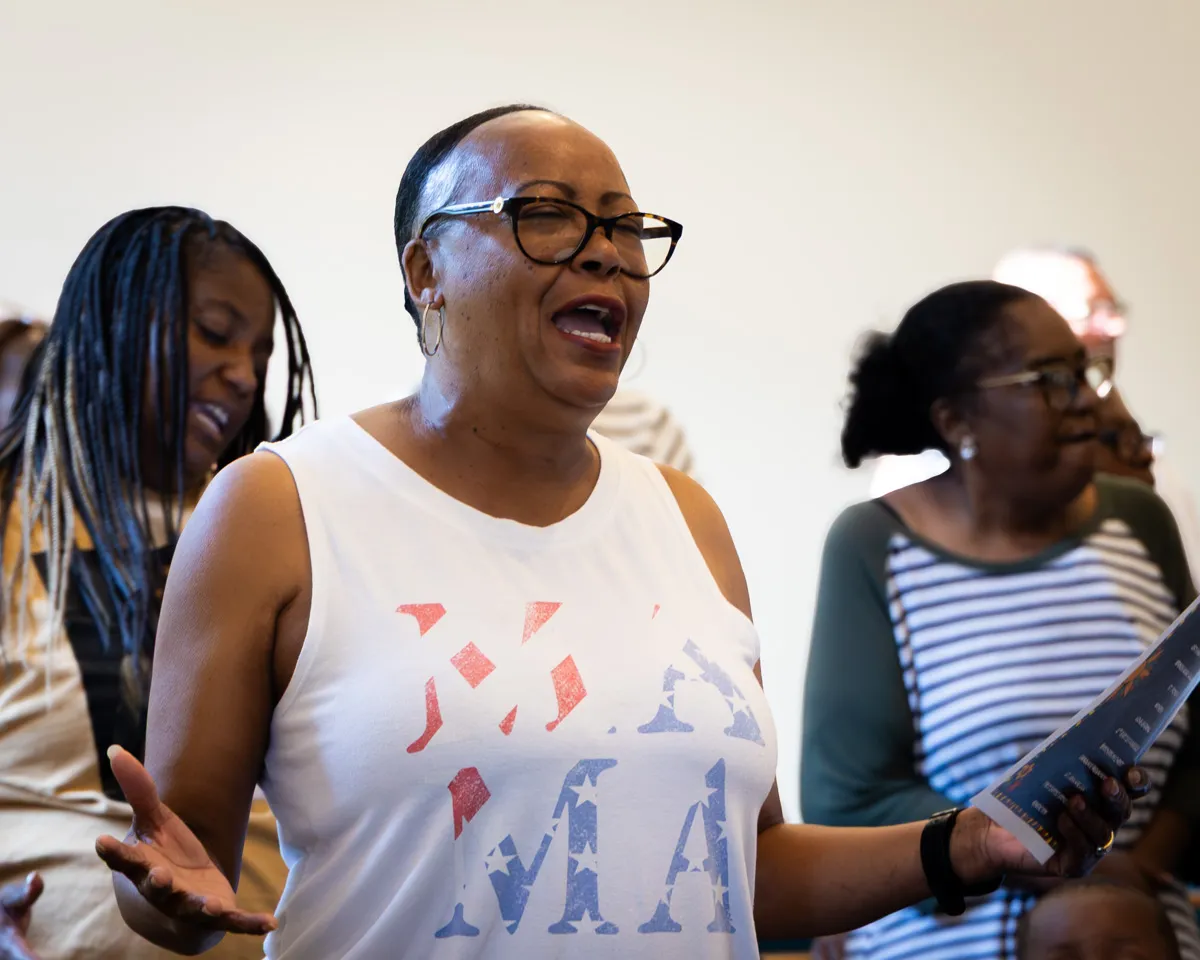On Saturday, February 25, Cardinal Wilton Gregory led roughly 100 attendees in a private prayer service to bless a recently rediscovered Catholic gravesite in Bowie, Maryland, just east of his Washington chancery.
The site is part of a former plantation, and the tombs are believed to belong to African Americans who were enslaved and worked the grounds for the Maryland province of the Society of Jesus (the Jesuits).
Gregory was joined at the event by Archbishop William Lori of Baltimore, as well as the diocesan priests who now staff nearby Sacred Heart Catholic Church, built on the Jesuits’ White Marsh Plantation in 1722. Descendants of those likely buried at the gravesite were present with commemorative ribbons, according to the Catholic Standard.
“We are trying to, to the best of our ability, allow the people whose lives were bound up in slavery and whose death mattered little to those who survive them—we are trying to make sure that their lives are not lost, but more importantly, that their memories are not lost,” Gregory said during his remarks.
“There is a lot of work that needs to be done so that the lives and the identity and the dignity of the people who were once in shackles will be held in honor by those of us who remain.”
On February 25, @WashArchbishop Cardinal Gregory leads prayer service for enslaved African Americans buried in Sacred Heart Parish’s cemetery in Bowie. Story: https://t.co/EZs3CYoM3T pic.twitter.com/kgZz3l2nov
— Catholic Standard (@CathStandard) February 27, 2023
Hundreds of potential graves were discovered at the site this month, in addition to an initial discovery in January that made headlines across the country. The White Marsh property served as the meeting place for the early Catholic leaders of the nascent United States, and was where John Carroll—himself a Jesuit slaveholder—was successfully nominated as the first American bishop, heading Baltimore.
Though the slaveholding practices of the early Jesuits in North America has been documented for some time, and the Maryland site not entirely unknown to local descendants over the years, only recently has it begun to draw more widespread attention.
Since last month’s developments, the centuries-old graves—set off from a cleanly kept White section of the cemetery—have seen a number of cleanup efforts from various groups, including those organized by the Archdiocese of Washington and the Catholic University of America.
Maryland state delegate Adrian Boafo, a Black Catholic who represents the surrounding county, also attended the prayer service over the weekend and has submitted documents for the site to be recognized by the National Park Service on the National Register of Historic Places.
The grant funds which could come from such a designation are “really critical for this project,” he told WTOP News.
“We need the resources at that site to really understand, in an expedited way, what happened.”
Part of the larger nexus of Catholic slaveholding in the United States, the Jesuits—the world’s largest religious order—had long been reticent to fully acknowledge their role in the practice, though that has changed somewhat in recent years.
In addition to the research-based Slavery, History, Memory and Reconciliation Project they founded in 2016, the order established five years later what they claimed would be a $100M foundation benefiting descendants of those they held in bondage.
More recently, it was revealed that the foundation is struggling to attract donors and that the SHMR task force has been downsized to just one priest—who only works on the project part-time.
In the Archdiocese of Washington, which covers the District of Columbia and Southern Maryland, many parishes are known to have gravesites that include the enslaved, including two dozen that applied in 2018 for a plaque memorializing them.
“Many older parish cemeteries of the Archdiocese have formerly enslaved persons buried in them,” said Lilliam L. Machado, president and CEO of the archdiocese's Catholic Cemeteries, in an interview that year.
“The graves of these brothers and sisters in Christ are largely unmarked.”
Nate Tinner-Williams is co-founder and editor of Black Catholic Messenger and a seminarian with the Josephites.










